
Beginning July 1, 2011, the U.S. Department of Education regulations to improve the integrity of programs authorized under Title IV of the Higher Education Act (HEA), as amended (the “Program Integrity Rule”), take effect. The Program Integrity Rule requires, among other things, that each college or university authorized to offer postsecondary education in one or more States ensure access to a complaint process that will permit student consumers to address the following:
Nashotah House, as an institution authorized to provide postsecondary education in the State of Wisconsin, is committed to full compliance with the Program Integrity Rule, and provides the following confirmation to all current and/or prospective students:
Nashotah House seeks to resolve all student concerns in a timely and effective manner. To that end, this complaint process serves as an ongoing means for students to discuss concerns or register formal complaints that pertain to alleged violations of State consumer protection laws that include but are not limited to fraud and false advertising; alleged violations of State laws or rules relating to the licensure of postsecondary institutions; and complaints relating to the quality of education or other State or accreditation requirements.
Direct complaints to:
Registrar
Carolee Schoen
262-646-6514
E-mail
The U.S. Department of Education (USDE) established a deadline of July 1, 2011, for colleges and universities to comply with the “state approval authority” provisions of the larger Program Integrity rulemaking.
As part of the overall rule, colleges must be “legally authorized” by their state in order to offer postsecondary education. Legal authorization consists of three separate compliance requirements: (1) An institution must be authorized by name by an official state action such as a state charter, state legislation, or articles of incorporation; (2) the state within which the institution operates must have an independent complaints process whereby a state agency or agencies would be expected to handle student consumer complaints related to any State laws including, for example, laws related to fraud or false advertising; and (3) each institution must, as part of its institutional information under 34 CFR § 668.43 (Institutional information), provide its students or prospective students with contact information for filing complaints with any State official or agency that would appropriately handle a student’s complaint.
As a result of the U.S. Department of Education’s October 2010 Program Integrity/State Authorization final rule, each college and university must be authorized by the State of Wisconsin in order to offer postsecondary education in this state. All Wisconsin Association of Independent Colleges and Universities (WAICU) members are in compliance, including Nashotah House.
The association of Nashotah House with WAICU is explained in the following State of Wisconsin Executive Order #370 and related materials.
It is expected that students will fully utilize any/all of the seminary’s administrative procedures to address concerns and/or complaints in as timely a manner as possible. On occasion, however, a student may believe that these administrative procedures have not adequately addressed concerns identified under the Program Integrity Rule. In those select cases, the following independent procedures are provided: